The PlayWise team believes that almost anything can be developed through board gaming. Social skills might be the first thing that comes to mind, but the field of mathematics quickly follows, which is why we've already written several articles about it. Now, we will discuss how reading motivation and comprehension can also be enhanced with board games. What board games help with reading? How can I make reading comprehension more fun? We will answer these and similar questions on this page.
My initial discovery regarding the educational use of board games was that there are games containing texts that must be read and understood to achieve the game's objectives and win. I assumed that this motivation could even encourage those who typically dislike reading to engage with the text. You can read about whether we were successful on the Game Stories page.
Educational board games for literacy
Among the board games that support reading and comprehension development, it is observable that some explicitly and noticeably enhance this specific area. Thus, they might seem too dry for many, but it is important to be familiar with these as well, as they might just be the right fit for others.
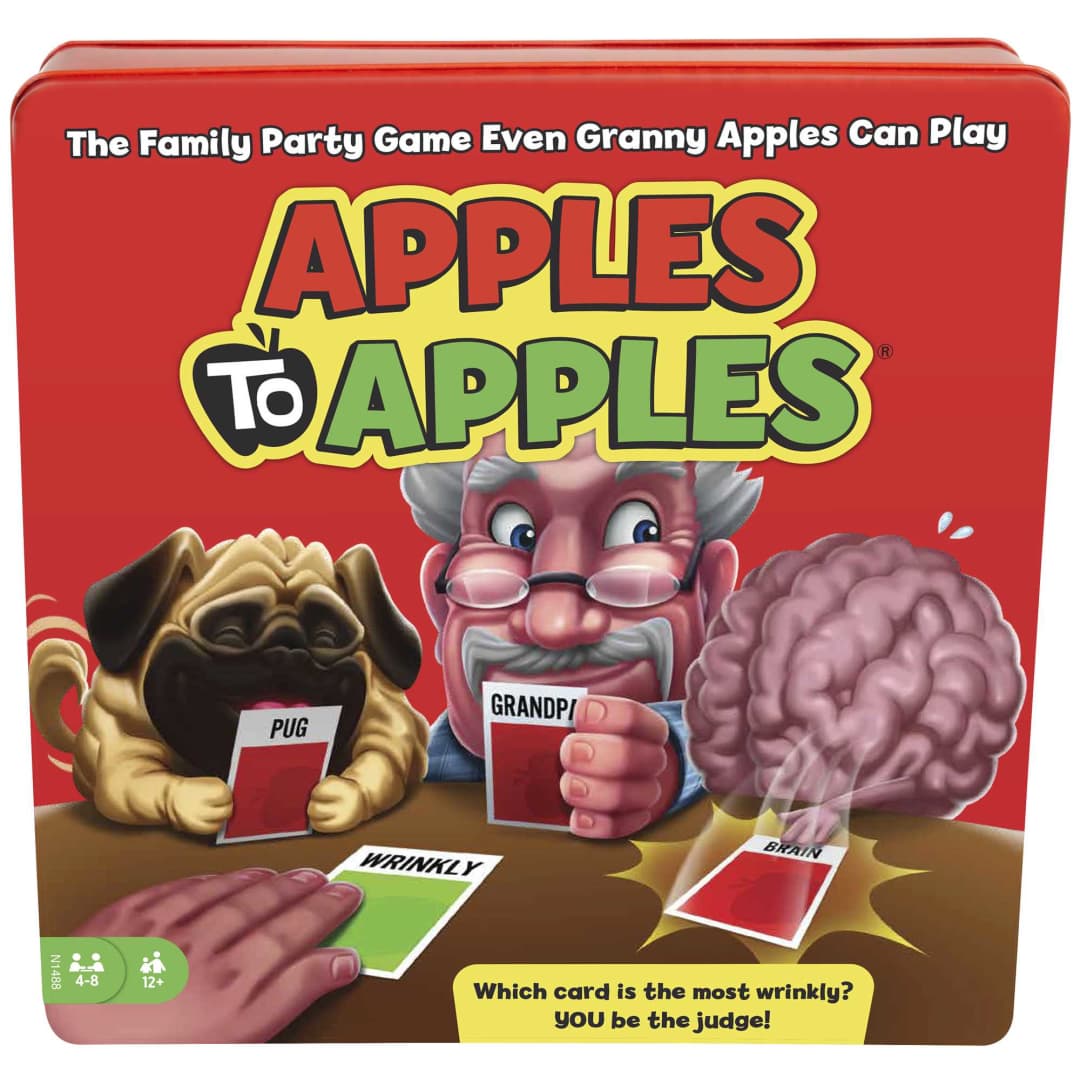
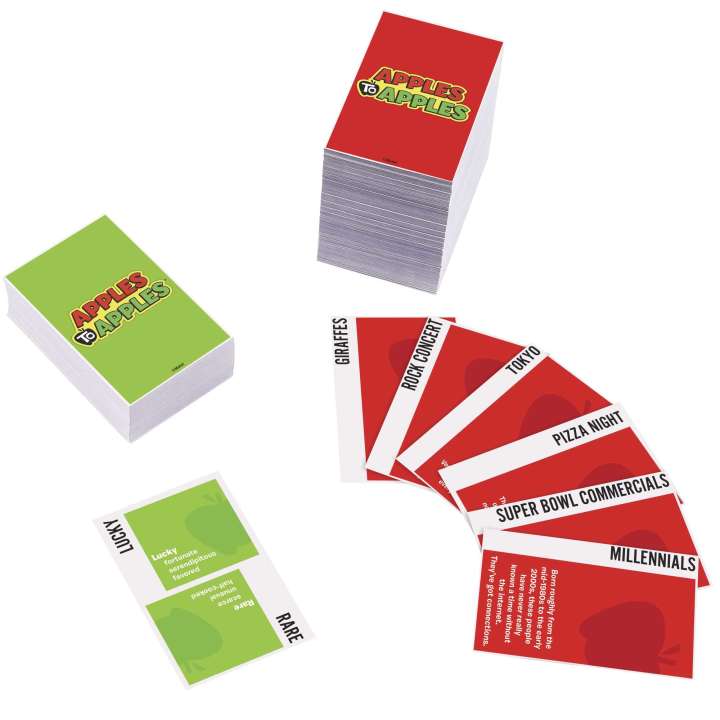
Apples to Apples
Fun party game matching objects with descriptions
Tools
Red object cards, green descriptive cards
Skills Developed
Language skills, creativity, social interaction
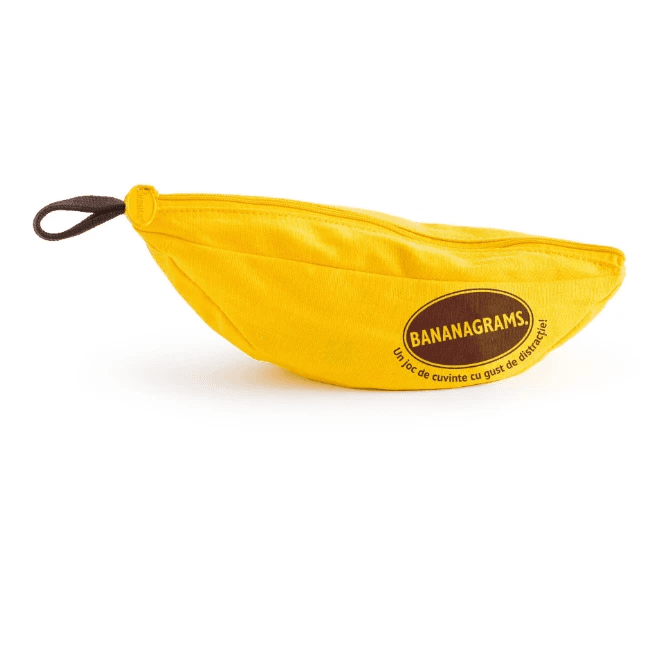
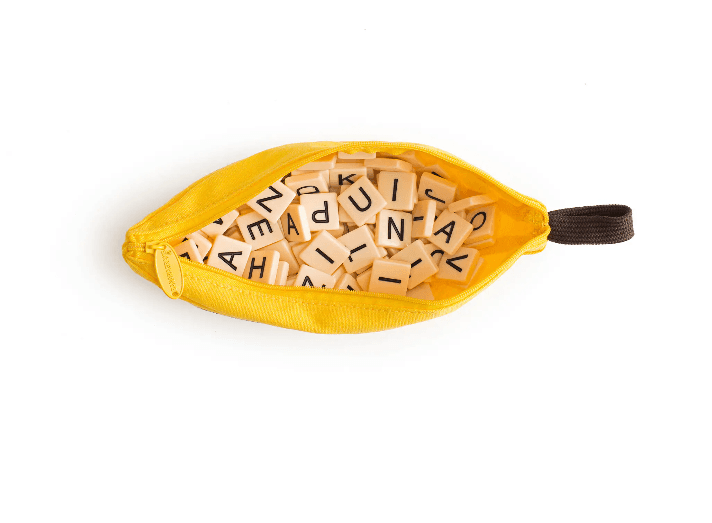
Bananagrams
Bananagrams is a fast-paced, Scrabble-like word game where players race against each other to build a grid of words using their letter tiles, without the need for a board or a turn-based system.
Tools
The game includes 144 letter tiles, all stored in a unique banana-shaped pouch for easy transport and storage.
Skills Developed
Bananagrams enhances vocabulary, immediate word formation skills, anagram creation, linguistic creativity.
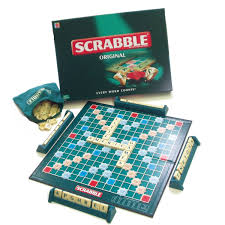
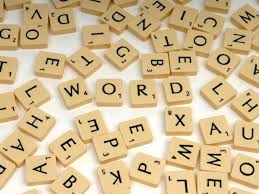
Scrabble
Scrabble is a classic word game where players earn points by creating words from individual lettered tiles on a game board marked with a 15x15 grid.
In Scrabble, players take turns drawing letter tiles to create words on the game board, with each word laid out either horizontally or vertically. Each letter has a point value, and players aim to make high-scoring words based on the board's bonus squares to accumulate the highest total points.
Tools
The Scrabble game set includes a 15x15 grid game board, 100 letter tiles, 4 tile racks, a tile bag, and optionally a scorepad and timer.
Skills Developed
Scrabble enhances vocabulary, spelling, strategic thinking, and mathematical skills through word formation and scoring.
Board games to improve reading
Of course, knowledge of letters alone is not sufficient for reading. The following games are excellent examples of creative, story-centric gameplay, which can greatly contribute to children's willingness to read and provide them with more reference points for understanding stories and texts.
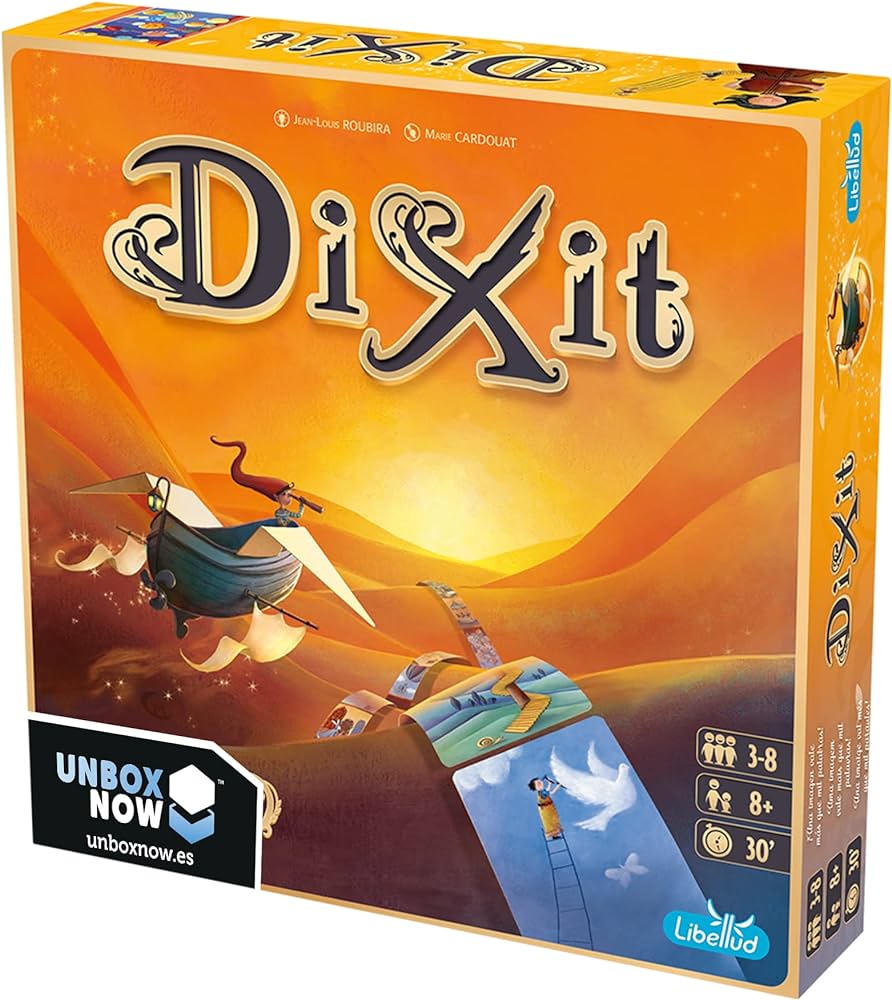
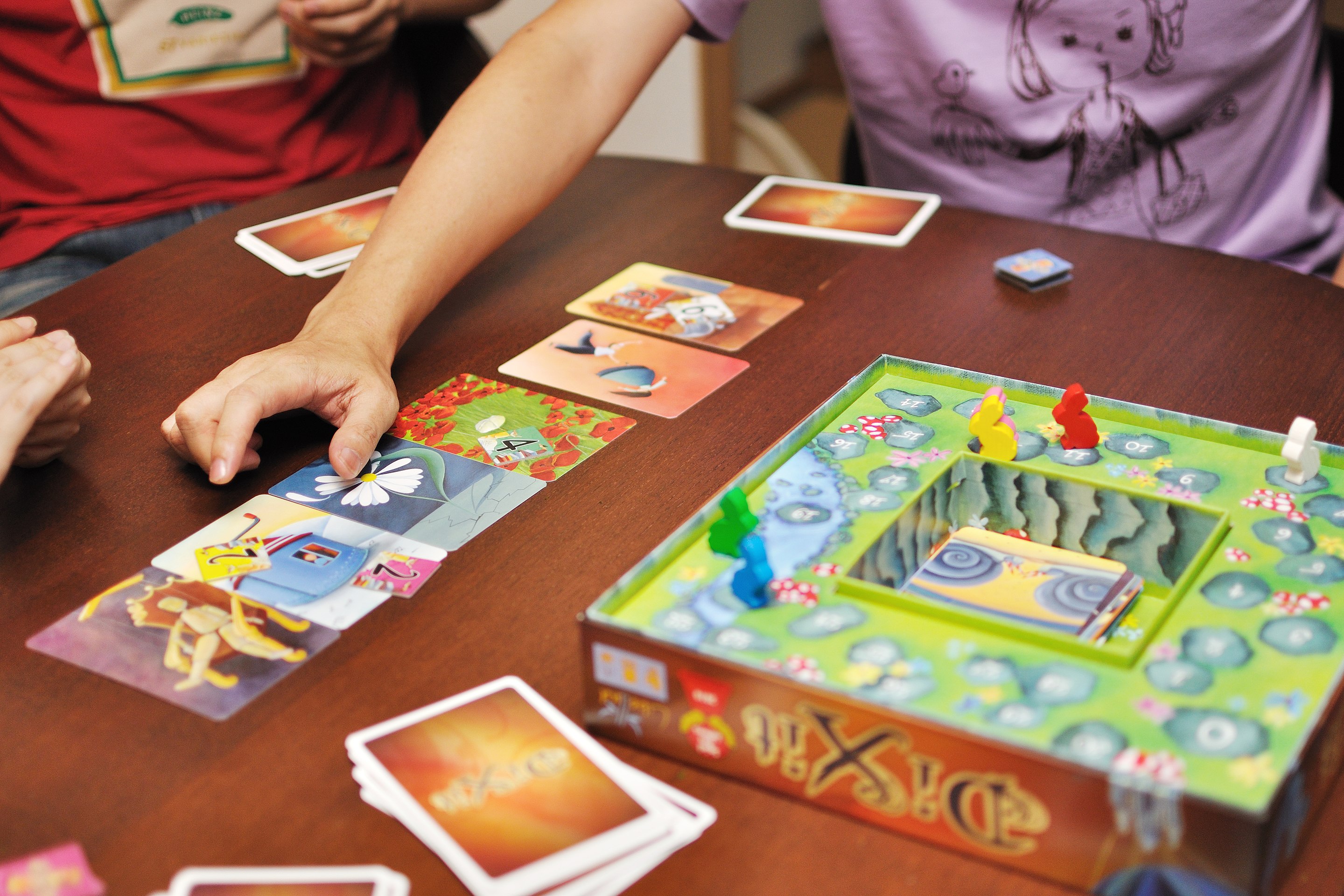
Dixit
Dixit is a card game that invites players to rely on their intuition and imagination to guess which card one player, the storyteller, is describing.
In Dixit, one player is the storyteller for the turn and makes up a sentence or phrase that might describe one of their cards. Then, each player selects a card from their own hand that they feel best matches the storyteller's description, and after shuffling and revealing the cards, all players except the storyteller vote on which card they believe belongs to the storyteller.
Tools
Dixit includes a deck of 84 unique, beautifully illustrated cards, a game board, six wooden rabbit tokens as player markers, and 36 voting tokens in six different colors.
Skills Developed
Dixit develops creativity, abstract thinking, and social interaction skills as players interpret and guess the story behind the images.
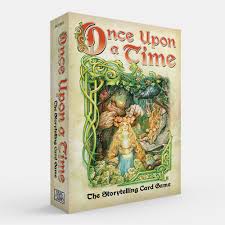
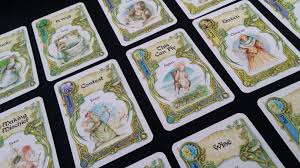
Once Upon A Time
This is a narrative card game where players create their own stories while playing cards from their hands.
Tools
Deck of cards featuring elements, characters, and events to weave into tales, along with ending cards to conclude the stories
Skills Developed
Reading and storytelling skills, creative thinking, understanding of language structures
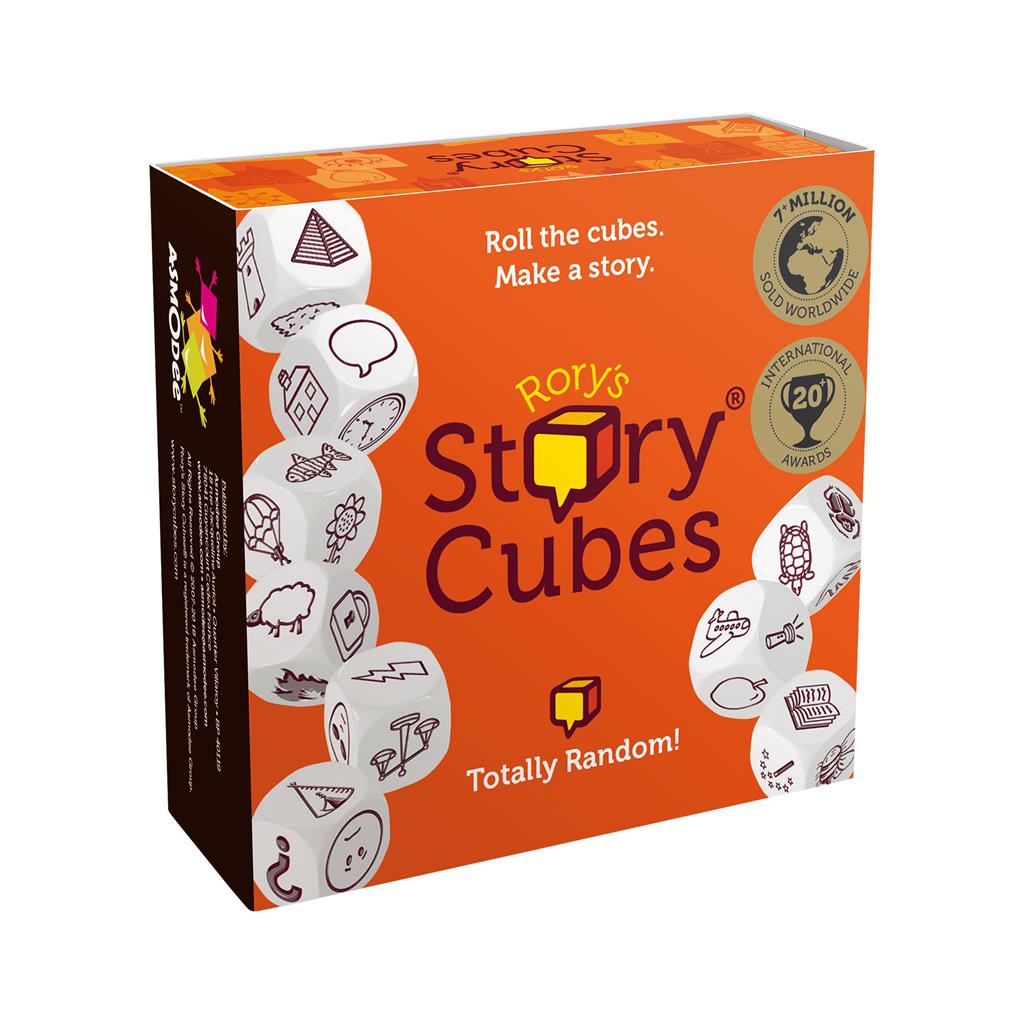
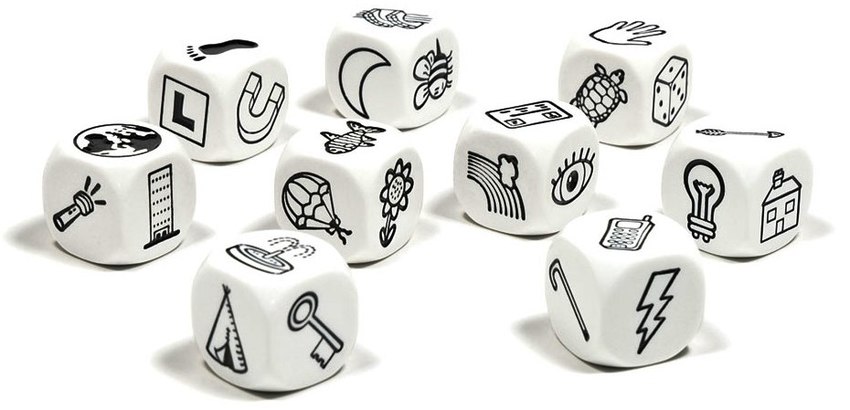
Story Cubes
A dice game that encourages players to invent stories based on randomly rolled symbols.
Tools
Nine dice, each adorned with unique images on their six faces
Skills Developed
Creativity, storytelling, problem-solving skills
Reading Board Games - From Letters to Paragraphs
Reading motivation and comprehension can be enhanced through various reading board games, so let's examine a specific, well-structured example. Word games are excellent starting points, with Typo being a good choice, especially for fans of 6 Nimmt!. It's also a neat idea to substitute images in Dobble with letters or even words, utilizing its engaging mechanics. As a next step, a card game that employs sentences without being too information-heavy, like Love Letter, is suitable. Progressing to more complex games is beneficial, and Munchkin is an entertaining choice with lots of text. Agricola could serve as an ultimate goal, offering complex texts alongside sophisticated gameplay.
Through board gaming, children can improve unnoticed and motivated, leveraging this for development. There's no need to spotlight the fact they are reading; instead, let's enjoy that they are willing to engage with texts for the sake of gameplay.
If you're generally interested in reading about the educational impact of board games, then take a look around our site.
Best reading games?
This is a really tough question to answer—mostly because the answer depends on who you're asking for. Below, we've put together selections based on age groups, so you'll find recommendations for preschoolers, elementary schoolers, teenagers, and even adults. Of course, even more specific questions can be tricky too—like what are the best reading board games for elementary students?
We do have a few suggestions, but we're not claiming they're perfect. We like to think of our articles and game guides as starting points. Once you get to know these games, you might discover the best fit for your own group, your own environment—and from there, the most meaningful learning journeys.
Happy reading, and happy playing!
Frequently Asked Questions
No spam, ever. Unsubscribe anytime.
Spread the Fun of Learning!
Love our content? Show your support by sharing our page with your friends and help us inspire more families and educators with the joy of learning through play! Your shares truly make a difference. Thank you for being a wonderful part of our community!
